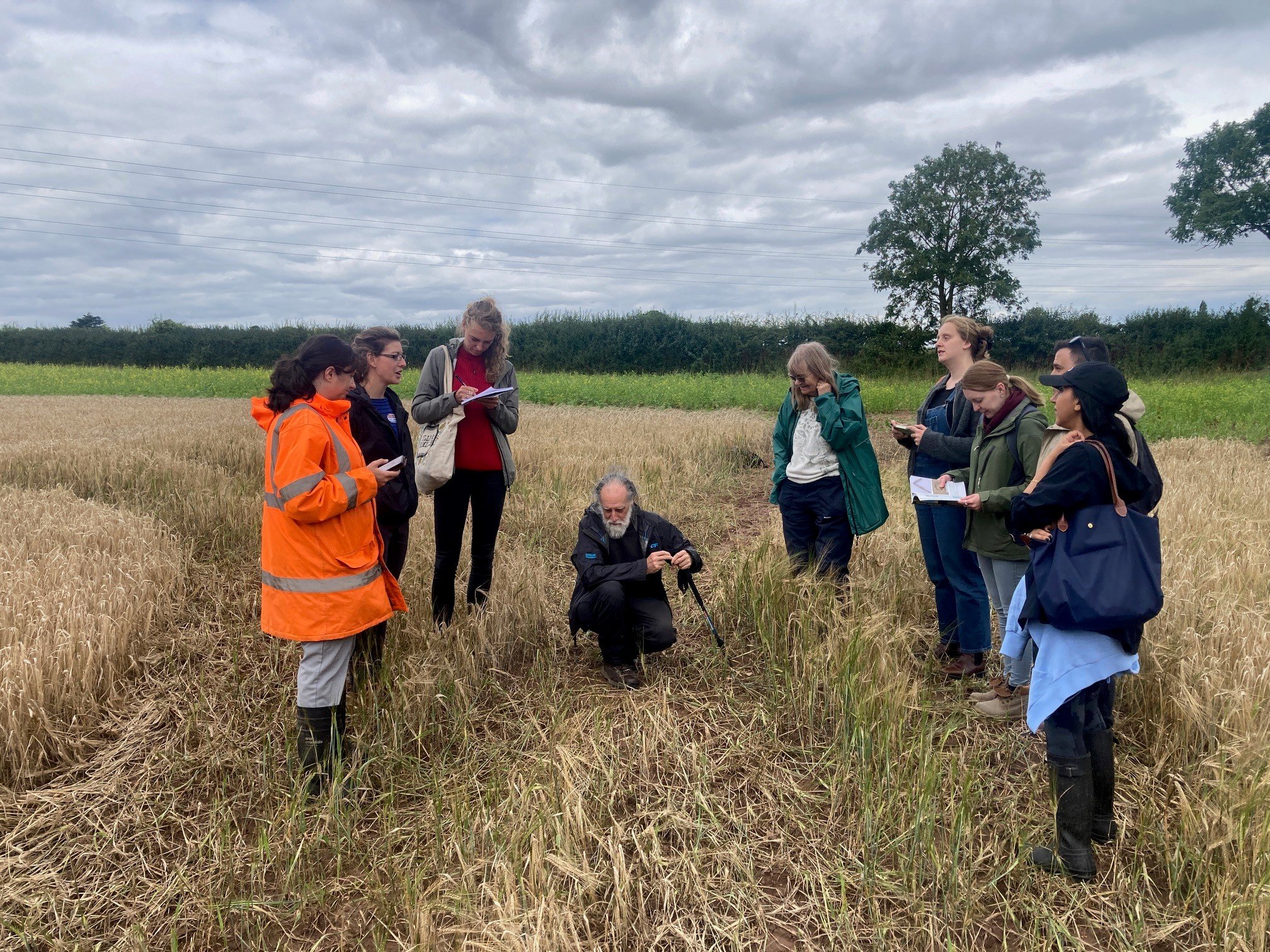In this special one-day Foundation Course, expert tracker Bob Cowley will introduce you to all the most common Mammal Tracks & Signs that you might come across when walking in the British countryside, revealing the wildlife with which we share our space.
Whether you are a complete beginner or an experienced naturalist, this course will open your eyes to the wide range of Tracks and Signs in the world around you and provide you with a systematic approach to interpreting them correctly.
Bob will use an innovative combination of PowerPoint presentations together with the study of actual specimens to help you visualise and associate the different animals with their different tracks. Bob is also well known for the range of useful verbal mnemonics and visual tricks that he has devised to ensure that all the important information will stick in your mind long after the course has ended. Finally, Bob will lead a guided walk to show you how to find and interpret examples in the real world.
9.30 – Registration & Introductions
Session 1 (9.45-11.45) – Mammal Anatomy & Tracks:
How can you distinguish between the most common tracks in the UK countryside?
What are the important characteristics of a footprint?
How are the characteristics of a footprint determined by the anatomy of different groups of mammals?
What can a set of prints tell you about the way an animal was moving, and how might that help define the species?
Session 2 (12.45-2.45) – Mammal Behaviour & Signs:
In what ways does an animal’s lifestyle and behaviour impact the environment?
If you find some bones, or perhaps a skull, how can you tell what species they came from?
What can you tell about an animal’s lifestyle from its skull, teeth, or other bones?
Bob Cowley’s famous “Simplified Guide to Holes in the Ground”.
When you see some droppings on the ground, how can you identify the species responsible?
How do the feeding habits of different animals leave distinctive signs for you to find?
What other behaviours can lead to characteristic damage to plants, trees, or ground?
Session 3 (3.00-5.00) – Finding Tracks & Signs in the real world:
Bob will lead a guided walk to find and discuss some actual examples of Tracks and Signs in the real world. Please come prepared with footwear suitable for possibly muddy conditions and clothing that will keep you warm and dry for two hours outdoors.
The trainer for this course will be Bob Cowley.
Bob has been involved in the Oxfordshire Mammal Group since its formation in 2014, currently serving as Vice Chair. He has been particularly involved with OxMG’s outreach and education work, organising public talks, both in-person and online, and establishing a dedicated YouTube channel to enable the talks to reach a wider (indeed world-wide) audience. But Bob’s personal obsession is identifying and interpreting the Tracks & Signs that all animals leave behind as evidence of their presence. And since the International Tracker Certification scheme (also known as CyberTracker) reached the UK in 2012, Bob has been one of its most active participants and advocates, working his way up to Track & Sign Level 3 by 2018.
As well as devoting himself to learning all he can about this neglected ancient skill, Bob is also very keen to pass on his knowledge to anyone with an interest in the natural world around them. A good understanding of Track & Sign is an invaluable asset for any professional ecologist, zoological researcher or student, as well as adding an extra dimension to any walk in the country. In addition to the Mammal Society, Bob has led workshops for a variety of other organisations, including the Field Studies Council, the Woodland Trust, and the Oxford University Conservation Optimism Conference. He has also been invited to present papers to the International Tracking Symposium in both 2022 and 2023, and is in daily contact with elite trackers from all over the world, exchanging information and adding to this endlessly growing body of knowledge.
Venue: This course will take place at Oxford University Museum of Natural History, Parks Road, Oxford, OX1 3PW
Accessibility:
We are committed to ensuring the accessibility of our training courses. If you require accommodations or have any accessibility concerns, please contact Fiona (training@themammalsociety.org) in advance, and we will be happy to assist you.
For booking terms and conditions click here.
*Please note - If not enough delegates book on to this course it may be postponed with two weeks notice, this is because we are a small charity and need to make sure our events are viable.

